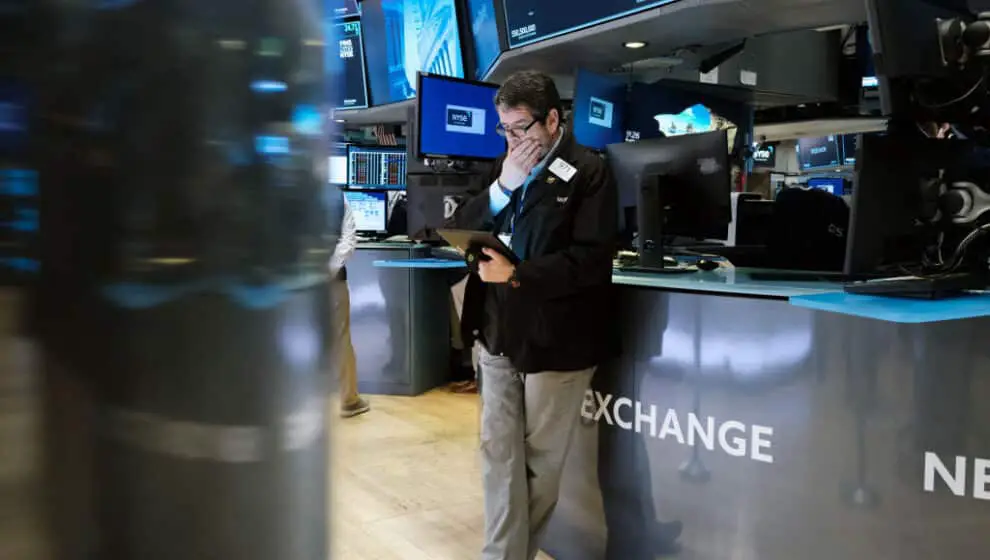Wall Street investors expected the Federal Reserve’s policies to have more of an effect, and that doesn’t appear to be the case yet.
Key Details
- The Bureau of Labor Statistics released the updated consumer price index (CPI) for the month of January on Tuesday, showing a yearly inflation rate of 6.4%, a 0.1% decrease from December. This was a higher number than people expected.
- At the same time, the economy remains very strong. Stocks increased 6% in January. Unemployment dropped to 3.4%. Consumer spending is high.
- A handful of investors have even considered the possibility that the Fed’s monetary tightening will have limited effects on the economy while progressively slowing inflation.
- The mood of investors is beginning to change as they realize hikes aren’t going to stop anytime soon. They are beginning to share Fed Chair Jerome Powell’s opinion that further aggressive interest rate hikes will be necessary to arrest inflation fully.
- At least three additional rate hikes, increasing rates as high as 5% to 5.5%, may be necessary, The New York Times reports.
Why It’s Important
The Federal Reserve has been very forthcoming in its decision to increase interest rates over the past year progressively. It has been acknowledged since the Jackson Hole speech in August that the policies being undertaken will have severely adverse effects on the U.S. economy, raising unemployment rates, and sparking an artificial recession—but slowing down spending and inflation to avoid a “far greater pain” due to entrenched inflation.
However, all of the data points are moving in the wrong direction. This could signal that the Fed’s policies are being undone by high spending coming out of Congress or that the efforts are signaling an extended economic recovery that will last for the foreseeable future.
In the meantime, investors are beginning to lose hope that the eight consecutive interest rate hikes in the past 12 months will make a significant difference, meaning that Wall Street will need to prepare for further monetary tightening and a long wait for interest rates to drop.
Notable Quotes
“I’m very negative right now on equities. I think the move we have seen in the rate market, some of the inflation numbers that have come out, and the expectation that the economy will be fine is all fairly problematic,” Cantor Fitzgerald head Eric Johnston tells The New York Times.
“With the strength in the labor market, clearly there are risks that inflation stays higher for longer than expected or that we might need to raise rates higher than that,” says New York Fed President John C. Williams.

